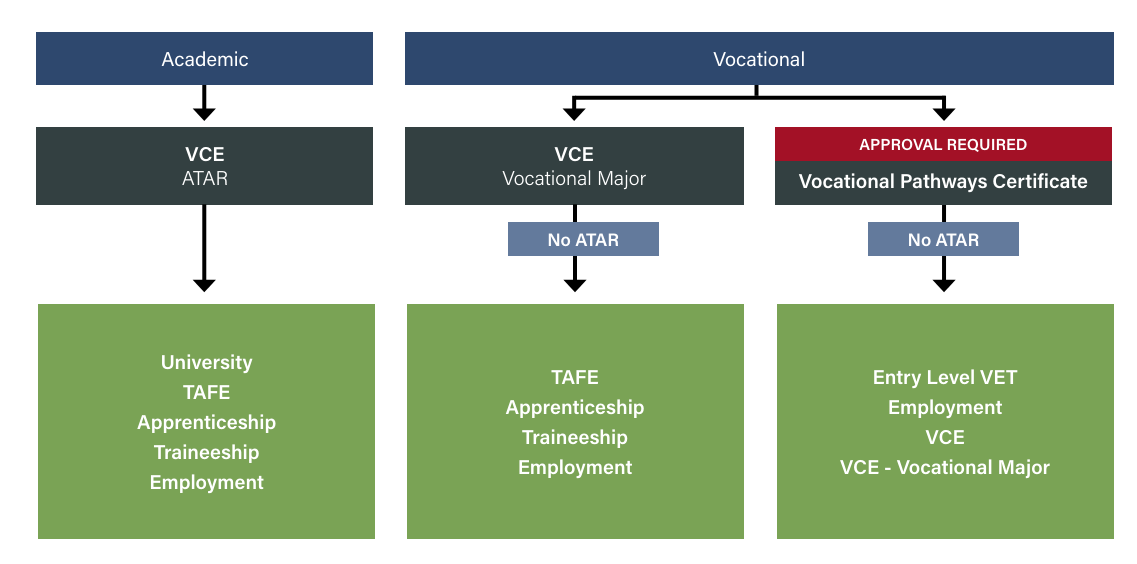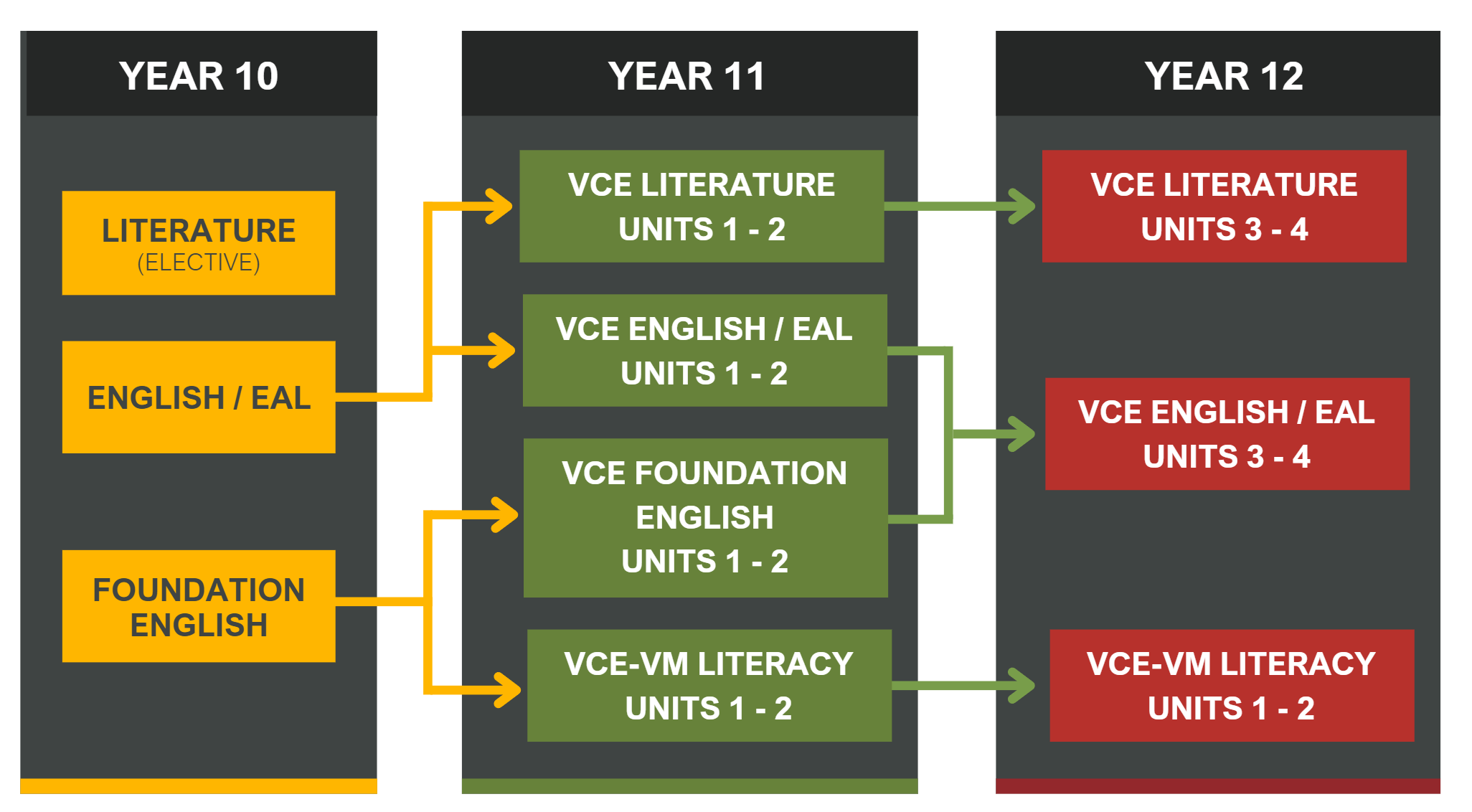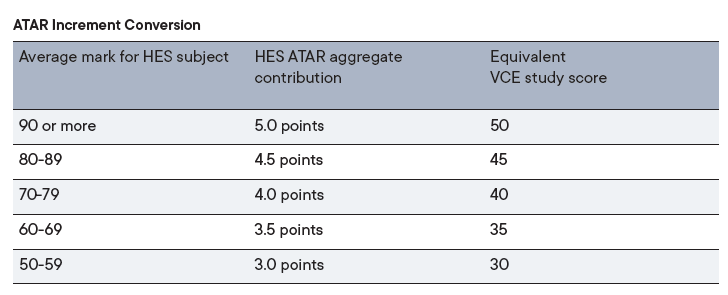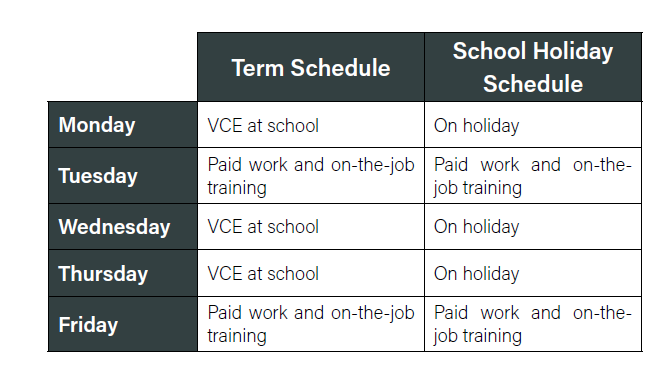The GAT is a General Achievement Test that measures a student’s general knowledge and skills in written communication, mathematics, science, technology, humanities, the arts and social sciences. It also measures a student’s literacy and numeracy skills against a new standard, introduced in 2022.
The new standard will indicate whether students have demonstrated the literacy and numeracy skills typically expected of someone completing their secondary schooling – giving another indication of their readiness to move onto further education, training or employment.
While the GAT is important, it does not directly count towards a student’s final VCE results. GAT results are used to check that VCE external assessments and school-based assessments have been accurately and fairly assessed. GAT results may also play a part in determining the final score for a VCE external assessment if a student has a derived examination score [link] approved for that assessment.
All students studying at least one Unit 3 and 4 VCE subject (including a VCE-VM Unit 3 and 4 subject) or a scored VCE VET subject are expected to sit all or a section of the General Achievement Test (GAT).
No special study is required. Past study of subjects like English, Mathematics, Science and History prepares students for the GAT by building their general knowledge and skills in writing, numeracy, and reasoning.
